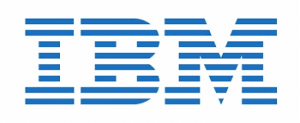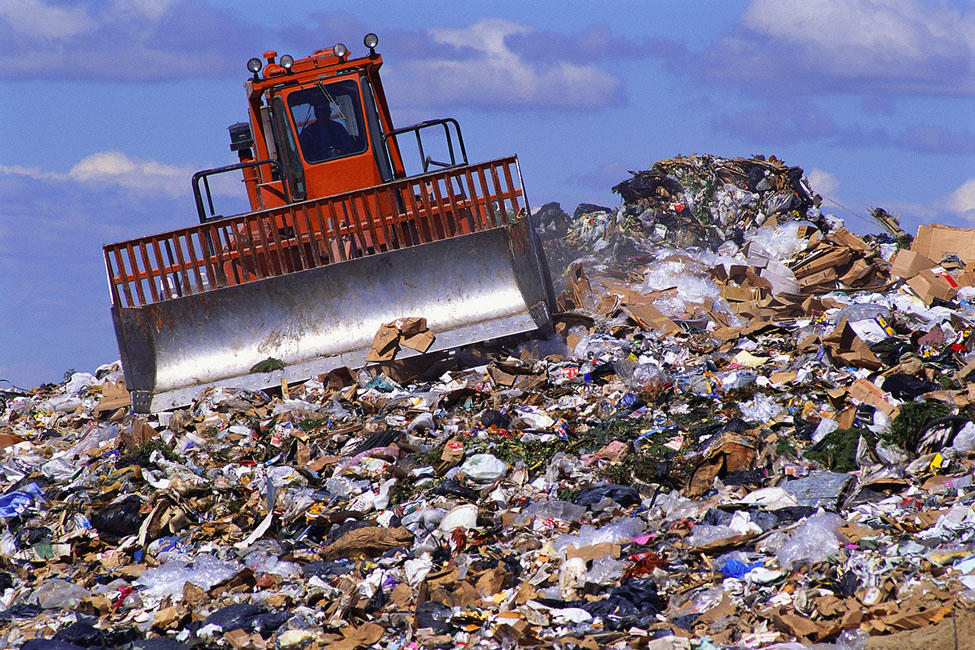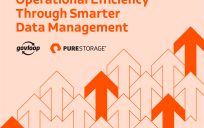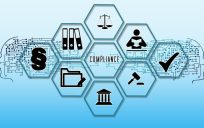Surging population growth is not only challenging communities’ delivery of public services like water, energy, transportation, public safety and healthcare; the growth is also forcing them to deal with increasing amounts of waste. It’s estimated that by 2100 global populations will be producing three times as much waste as they do today.
If we don’t transform the way we use and reuse materials, garbage levels will continue to rapidly increase, without ever peaking. Therefore, solid waste management is arguably the most important municipal service for every city government.
So how can your community make improvements to its solid waste management system?
In GovLoop and IBM’s recent social cast, Smarter Waste Management – An Accelerant for Economic Recovery in Government, Heather Achilles, Distinguished Engineer at IBM Research, and George Gitschel, Founder, Chairman, and Chief Executive Officer of Organic Energy Corporation, discussed how waste management can improve a city’s environmental impact and financial performance.
With the correct pairing of technology, analytics, and subject matter expertise, communities can improve their waste management operational insight and efficiency. Achilles and Gitschel provided the following tips to achieving that goal:
Know your garbage. Getting to know what’s in your garbage, where it’s coming from, and how much of each type is present can help you pursue new opportunities for the government and business.
For example, if you sorts through your office building’s garbage, you may realize 80 percent of it is paper towels from the bathrooms. This could lead your company to install more hand dryers in the bathrooms to reduce your waste.
Don’t see discarded materials as a waste. It’s important to view each scrap of garbage as a potential asset to be recovered and returned to the marketplace. Many cities in the US are recovering their waste and turning it into new revenue.
“A large majority of recycled material from the US is sold to countries in Asia,” said Achilles. Profiting from your own waste can help improve your local economy. “Garbage can become a real asset to municipalities, companies, and help the economy and planet,” said Gitschel.
Use data and analytics to track your waste. Tracking the life cycle of waste can give you insight into waste collection, financial and demographic information, as well as other non-waste management data such as weather, traffic and population variance. All of this information may seem disparate but through collective analytics, it enables communities and waste management companies to drive greater efficiencies and financial opportunities in their operational processes.Collected waste management data combined with demographics, discarded process methods, precipitation, and waste audits can provide valuable insights across your waste supply chain.
To learn more about how you can improve your community’s waste management program, view the on-demand social cast here or get IBM’s white paper IBM Intelligent Waste Management Platform.






Leave a Reply
You must be logged in to post a comment.